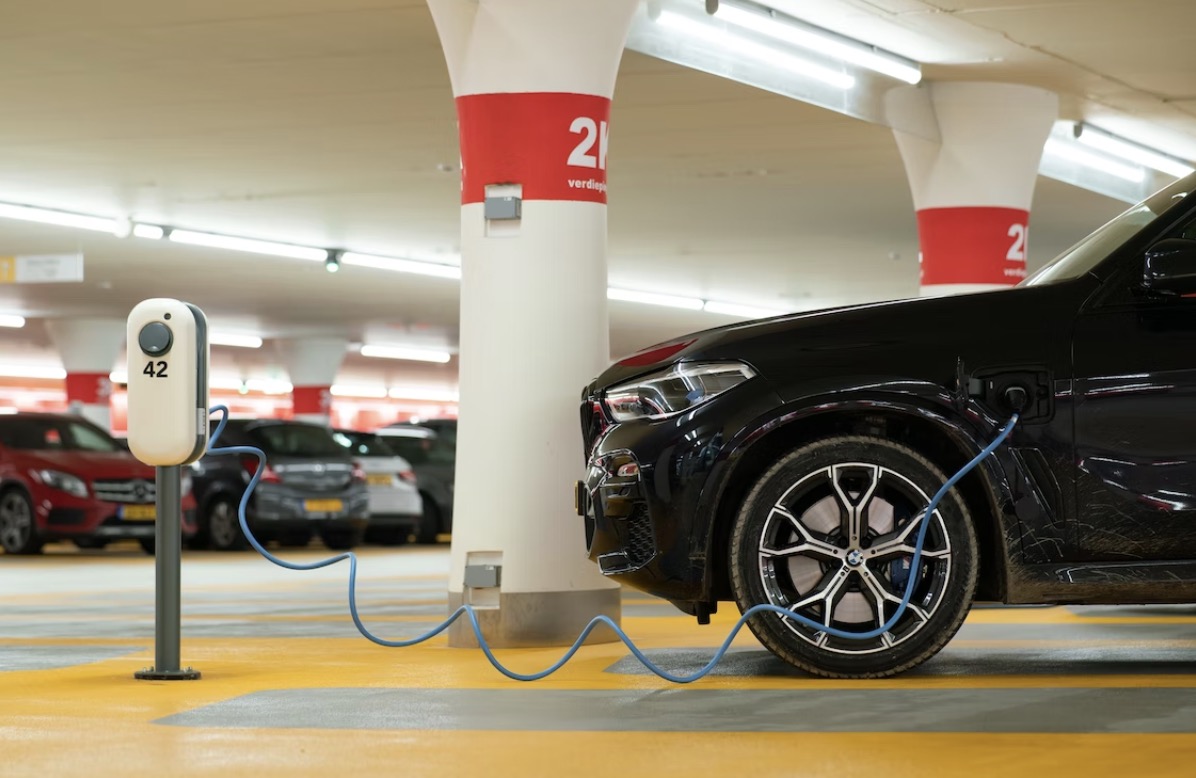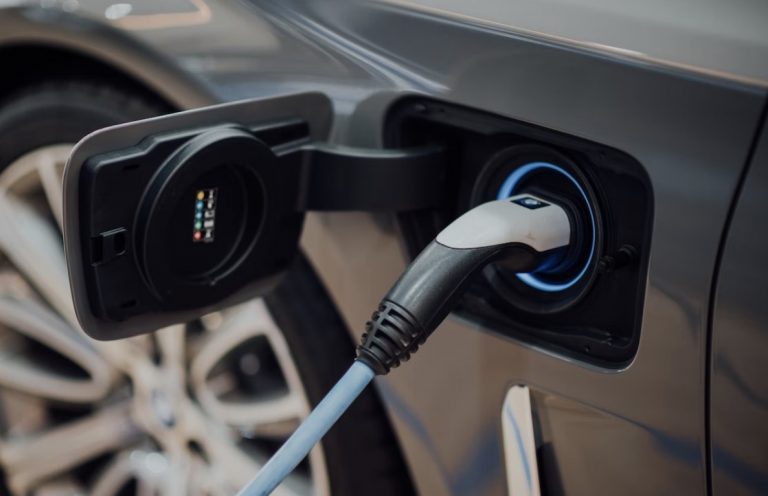Nowadays, everyone’s talking about electric cars. If you’ve recently been car shopping, you’ll notice that many manufacturers are adding electric vehicles to their showrooms. In fact, this is often done at the expense of popular small or large cars. The world is definitely going electric, but is it worth purchasing one of these vehicles right now?
There’s no doubt that electric cars are the future, but should you bring the future forward in 2023? If you’re thinking about buying a new car, it helps to view the pros and cons of electric vehicles before you make a purchase. Your brain says it’s natural to move to the electric side of things, but part of you still wonders if you should hold out for a few years yet.
Hopefully, you’ll have a better understanding of the situation after reading this post!
Story Stages
The Pros Of Electric Cars
Finding the good aspects of electric cars is extremely easy. There are some very obvious things you gain when you have an EV, so let’s look at them in more detail.
Zero Carbon Emissions
Yep, it’s the big obvious one! An electric vehicle uses an electric motor powered by a battery. As a result, it won’t produce any carbon emissions when you drive it. This lets you get on with your daily driving completely emission-free. In a world that’s fighting against global warming, this is so important. We can’t keep driving combustion engine cars at the rate that we are; it’s destroying the planet.
Cheaper To Run
Buying an electric car is currently around the same cost as a traditional one – possibly more expensive. There are fewer EVs on the used car market, so you’re almost always opting for a brand-new one. Nevertheless, EVs are significantly cheaper to run. You save on a couple of major things here:
- Fuel
- Maintenance
Charging your car at home or at a charging station works out cheaper than filling it up with fuel. Especially in 2023 when fuel prices are extremely high. Plus, with technology like regenerative braking, you can actually charge part of the battery just by driving.
Then, you have the maintenance costs. Without an engine or traditional transmission, electric cars have fewer parts to maintain. You don’t have to worry about things like low engine oil levels or other common technical concerns. Maintaining an EV is much easier and affordable, leading to financial savings over time.
Better Driving
It’s argued that electric cars offer better driving than regular ones. Why is this the case? Because there’s no combustion engine, an EV has instant torque. This allows it to accelerate instantly from a standing start while maintaining better control going into corners. On long journeys, you should get a smoother ride that feels much better.
Seriously, if you’ve never driven an electric car, give it a go. Find a test drive somewhere close to you and you’ll be pretty stunned by the driving experience. It literally feels like you’re gliding along and more in tune with the car.
Improved Safety
Thanks to the lack of moving parts, you can also argue that EVs are safer than normal cars. How? Because there are fewer chances of accidents happening due to faults. An engine or transmission fault can cause an accident in the blink of an eye. This is highly unlikely to happen in an EV because of the electric motor. The only thing that can go wrong is the battery running out of power – which you will know about way before it happens.
Furthermore, what happens in the event of a crash? Because fuel can leak from a combustion engine, there’s a greater chance of your car catching fire and causing a massive safety problem for those inside. Again, this is less likely to happen when you have an electric vehicle. If you get into a crash, you should have more time to safely deal with it without a fire starting.
Can Charge At Home
Granted, there are plenty of issues related to charging an EV – more on that in a moment – but there is one big advantage. You have a charging port at home, meaning you can always start the day with a full battery. Imagine being able to come home and fill your car up with petrol or diesel! It’s extremely convenient, and there’s a secondary benefit too.
Using a home charger will be more affordable than using a charging point elsewhere. This is partially why you save so much money compared to refuelling a conventional car. It’s the equivalent of having your own fuel supply at home at a reduced rate to gas stations.

The Cons Of Electric Cars
All of the above points paint a pretty picture of electric cars in 2023. However, you should still consider the following cons to see if this type of vehicle is right for you.
More Expensive To Purchase
Yes, you save money during the lifecycle of owning an EV, but we can’t deny the extortionate purchasing costs. This is mainly down to the fact that most EVs are brand new. They’re likely to cost tens of thousands of dollars, which some people just can’t afford in the current economic climate. If you can find a cheaper one on the used market, that’s great! Otherwise, it might be better to get a conventional car for less money.
Infrastructure Woes
When driving a normal car, you never have to worry about running out of fuel. There are gas stations pretty much everywhere you go. More to the point, you never reach a gas station and see all of the pumps occupied for hours. You’ll go there, maybe wait a few minutes, and then it’s your turn to fill up your tank.
With EVs, things are much harder. Yes, there are plenty of charging points dotted around – and most are at gas stations nowadays. But, there are fewer charging points than gas stations in the country. Even worse, it takes a while for cars to charge their batteries. You may reach a gas station and see two electric charging ports, both occupied by cars. It could be 30 minutes or more before you get a chance to charge your vehicle. This wildly disrupts your journey and leads to extra stress whenever you’re driving.
Oh, and things get worse. Currently, there are different types of charging connectors for different cars. Sometimes, you get to a charging point and realize it has the wrong connector. If you don’t own an adapter, you can’t charge your car. There needs to be a significant investment in the EV charging infrastructure before these worries go away.
A Lack Of Range
The infrastructure problems are only really evident because electric cars lack the range of conventional vehicles. There’s a really cool graphic here that lets you visualize this perfectly. The average range of an electric car is around 217 miles compared to 413 miles in a gas-powered one.
In short, you will travel shorter distances before needing to recharge the battery. This means EVs aren’t always ideal when you have to drive a lot every day. If your journey to work and back is greater than this average, you may have to stop and charge the battery every day. Hopefully, your workplace has EV charging points that work and aren’t constantly booked up. Otherwise, you’re kind of screwed.
Fewer Thrills When Driving
Sure, EVs offer an interesting driving experience that some may argue feels better and leaves you in control. This is great if you want a family car, but what if you’re looking for a car to have fun in? One of the biggest issues is the lack of noise. You hear nothing from an electric motor other than a slightly annoying whine.
There isn’t the same growl of an engine or rumbling from your car. You don’t hear anything when you accelerate away, taking some of the fun out of driving. It’s not even possible to tune or alter your car by adding headers to the exhaust as there isn’t an exhaust system! Some EVs try to add a fake engine noise in, but it sounds ridiculous. At this current point in time, electric cars just lack the thrill given to you by traditional ones thanks to a lack of sound from the motor.
Should You Buy An EV In 2023?
The last part of that question is the important bit. Should you buy an EV at some point in your life? Absolutely, they are the future. But, is it worth getting one right now in 2023?
The answer depends on your situation. If you don’t drive long distances and there’s a good EV infrastructure where you live, then go for it. Especially if you can afford one and you don’t care about the lack of engine noise.
On the other hand, EVs might not be suitable for some people. Those of you that drive a lot every day or don’t have many charging points near you should probably hold out until the infrastructure is there. There’s not really a right or wrong answer to this question; weigh up the pros and cons and decide based on what’s best for you.
